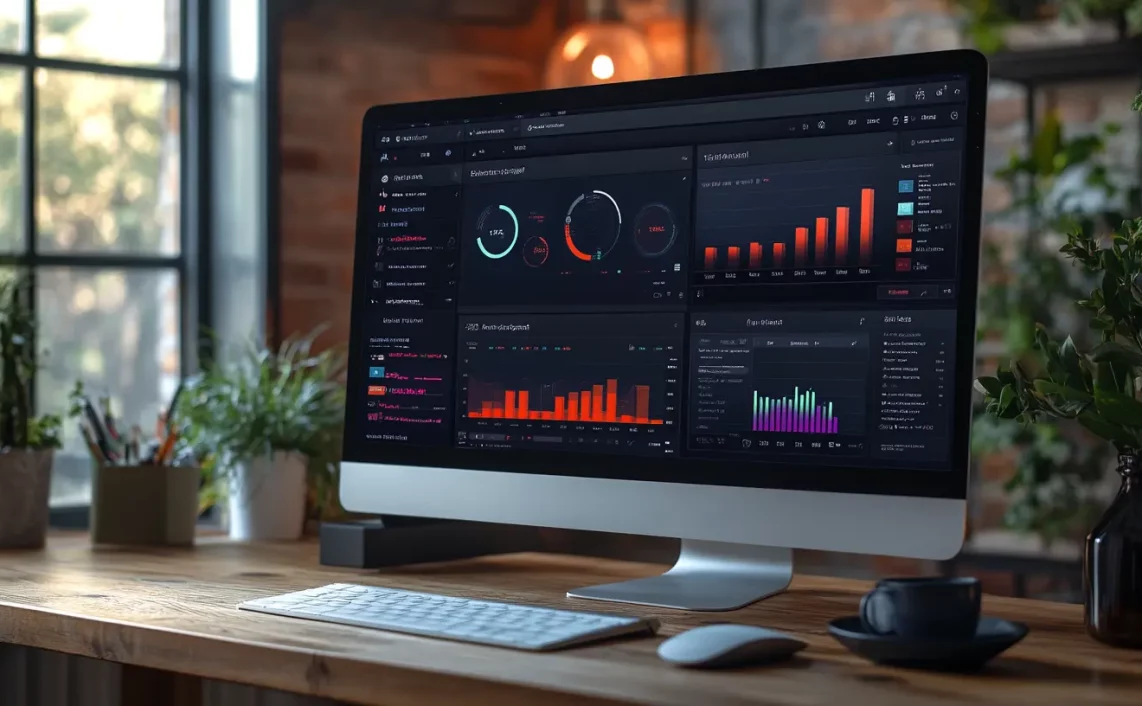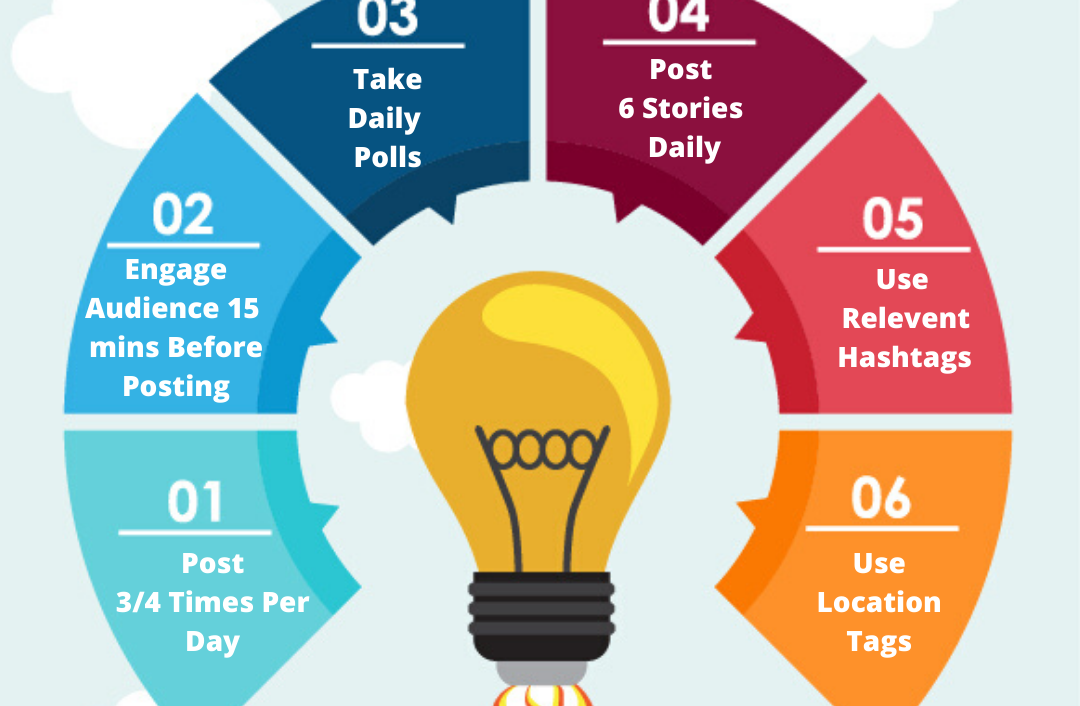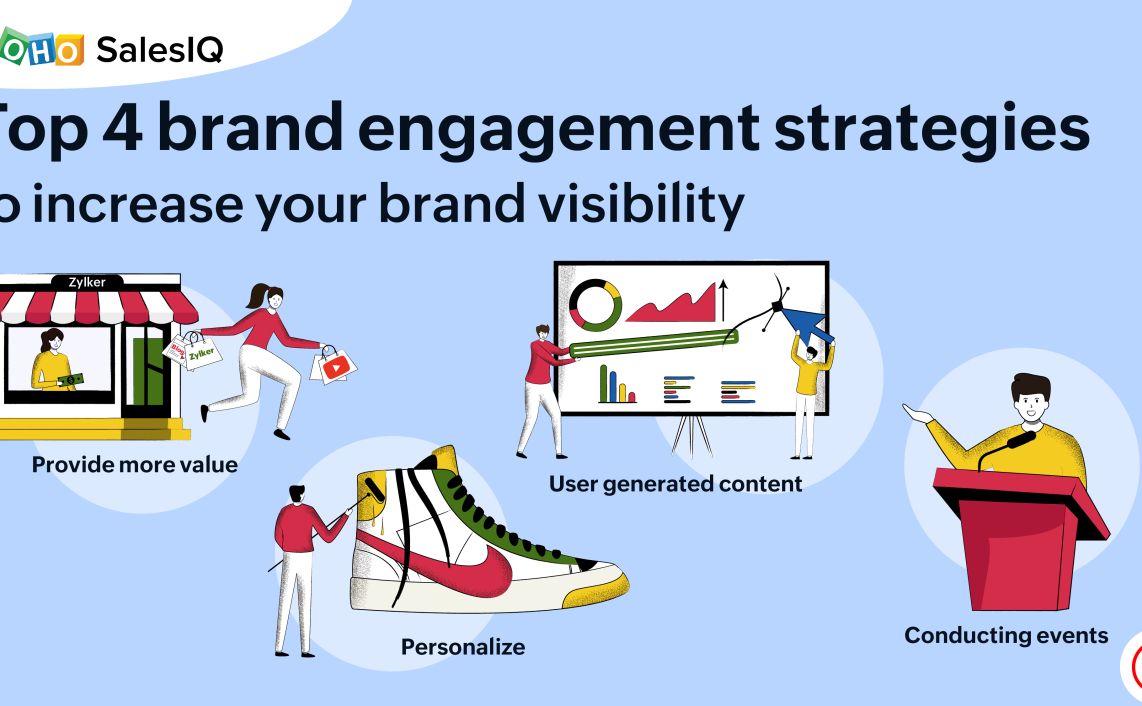Optimizing Digital Marketing For International Freight Logistics Companies

Executive Summary
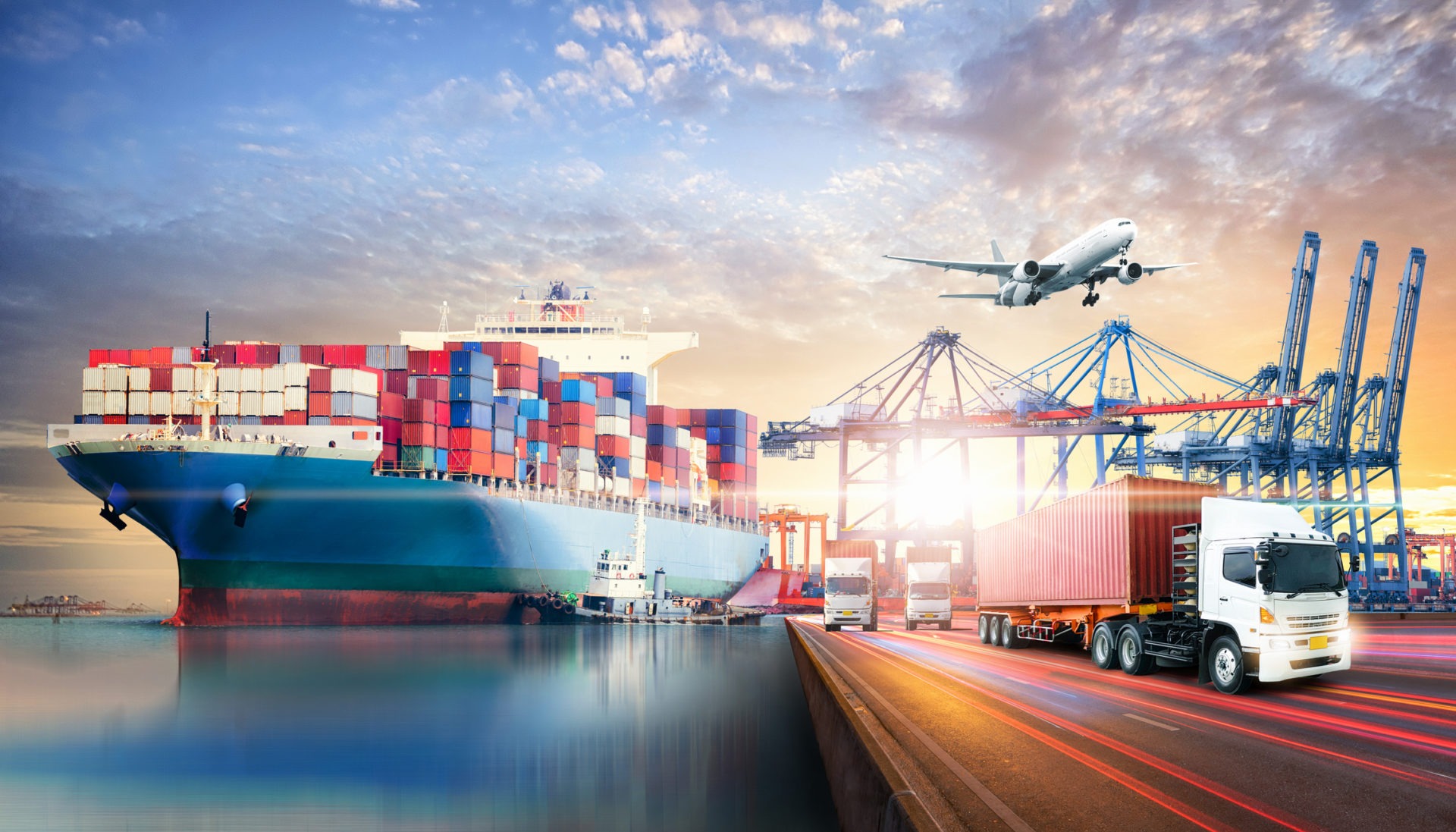
In the fiercely competitive international freight logistics industry, the ability to reach and engage customers effectively online is paramount. Digital marketing plays a crucial role in this endeavor, and companies that invest in optimizing their digital presence will gain a significant edge in the market. This article provides a comprehensive guide to optimizing digital marketing for international freight logistics companies, covering key elements such as localizing content, leveraging social media, and using data-driven analytics to maximize results.
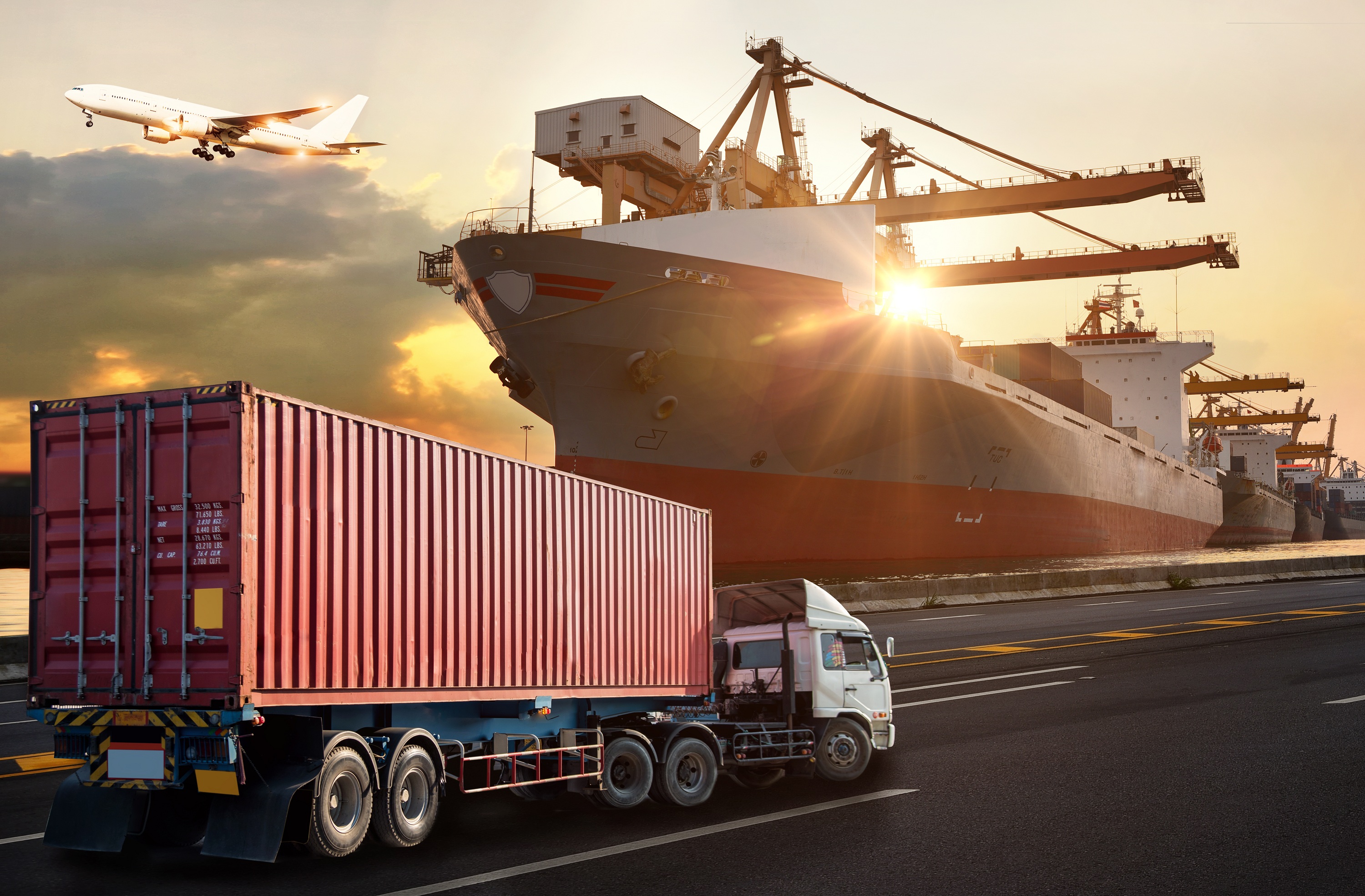
Introduction
The international freight logistics industry is characterized by its global reach and the complex needs of its customers. Digital marketing offers a powerful means to connect with customers worldwide, build strong relationships, and increase brand awareness. By understanding the unique challenges and opportunities of digital marketing in this industry, freight logistics companies can effectively leverage the online landscape to drive growth and success.
FAQs
Q1. How do I localize my digital marketing for different countries?
Translating your website and content into the local languages is essential. Additionally, research cultural nuances and adapt your messaging to resonate with each target audience.
Q2. What are the most effective social media platforms for international freight logistics companies?
LinkedIn is a valuable platform for connecting with industry professionals. Twitter allows for real-time updates and engagement. Facebook and Instagram can be used for wider reach and brand building.
Q3. How can I measure the effectiveness of my digital marketing campaigns?
Use web analytics tools like Google Analytics to track website traffic, conversions, and other key metrics. Monitor social media engagement and analyze keyword performance for SEO optimization.
Subtopics
Localizing Content for International Markets
- Translate website and marketing materials into local languages
- Adapt messaging to cultural preferences and industry norms
- Use local SEO techniques to improve website visibility in specific countries
- Consider hiring native speakers or cultural experts for translation and localization
Leveraging Social Media to Connect with Customers
- Establish a strong presence on LinkedIn and other industry-specific platforms
- Share valuable content such as industry insights, case studies, and logistics updates
- Use social media advertising to target specific audiences and promote products/services
- Engage with customers by responding to queries and building relationships
Maximizing Data-Driven Analytics for Informed Decisions
- Implement Google Analytics or other web analytics tools to track website performance
- Use social media analytics to monitor engagement and adjust strategies
- Analyze keyword performance to improve SEO and increase organic traffic
- Conduct A/B testing to optimize landing pages, email campaigns, and other digital content
Utilizing Email Marketing for Lead Generation and Nurturing
- Build an email list through website sign-ups and lead magnets
- Segment email lists based on demographics, interests, and behavior
- Create targeted email campaigns with personalized content and clear calls-to-action
- Use email automation to nurture leads and move them through the sales funnel
Driving Results with Paid Digital Advertising
- Use Google AdWords, Facebook Ads, or other pay-per-click campaigns to target specific keywords and demographics
- Create compelling ads that highlight your value proposition and include clear calls-to-action
- Use retargeting to reach website visitors who did not convert
- Monitor ad performance and adjust campaigns for optimal results
Conclusion
Optimizing digital marketing for international freight logistics companies is essential for success in today’s global marketplace. By localizing content, leveraging social media, utilizing data-driven analytics, and employing effective email marketing and paid advertising strategies, companies can effectively reach and engage customers worldwide. By embracing these strategies and continuously refining their digital presence, freight logistics companies can drive growth, build brand recognition, and stay ahead of the competition.
Keyword Tags
- Digital Marketing
- International Freight Logistics
- Content Localization
- Social Media Marketing
- Data Analytics
